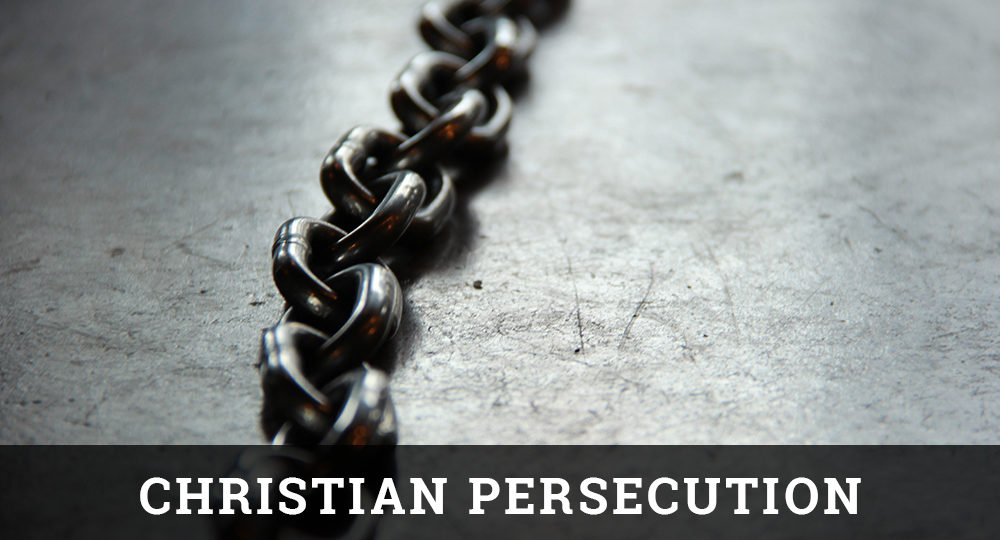They Cry in Silence Jul/Aug 2010
Sometimes statistics are not enough. Those of us who report on the persecution of our brothers and sisters in Christ in so many parts of the world live in a constant state of frustration. Here’s what I mean.
Compass Direct News reported in March that Christians in the southern Karnataka state in India are suffering an unprecedented wave of violent persecution. In 500 days, Compass Direct reported, they faced more than 1,000 attacks. Church leaders said attacks have so escalated that they are being carried out every day. “The spate began on Sept. 14, 2008, when at least 12 churches were attacked in one day in Karnataka’s Mangalore city,” the news service reported.
On March 17 a mob of about 150 people led by Hindu extremists stormed the funeral of a 50-year-old Christian, pulled the coffin apart, and desecrated a cross relatives of the deceased were carrying. “They threw the body into a tractor and dumped it outside, saying his burial would have contaminated Indian soil and his body should be buried in Rome or the United States,” said Compass Direct.
The statement that the body of a Christian would contaminate the soil of India expresses succinctly the war between two worlds: Christianity and those who would annihilate the followers of Jesus Christ. One must wonder what is forecast by the onslaught against Christians, which is growing rapidly in both intensity and frequency. Here in the West, groups like the American Civil Liberties Union are virtually criminalizing conservative followers of Jesus through passionate rhetoric designed to blot out every public reference to Christian associations and traditions. Even more astonishing is the level of success they have achieved thus far.
As we report consistently in Israel My Glory and other Friends of Israel ministry sources, much of the world scorns Christians and operates on the rationale that slaughtering them is a legitimate undertaking that will bring little or no punishment to the murderers either in their own countries or internationally.
Most disturbing is the lamentable lack of outcry from the churches and some Christian leaders who should be in the forefront of raising awareness about the situation and explaining what it portends for the body of Christ.
In 1563 the landmark book by John Foxe, Foxe’s Book of Martyrs, was published. The accounts of atrocities that assailed faithful Christians from the early days of the church mesmerized readers. So compelling was the impact of the book that one writer commented, “We can understand the deep impression that the book produced; and how it served to mold the national character [in Britain].”
The question that begs to be answered is this one: Given the extent to which Christian suffering today equals or, indeed, exceeds that chronicled by John Foxe, can it even be hinted that anything is being achieved that will “mold the national character”? Or even affect the character and conduct of a few?
No matter how many words are written laying out the facts and extent of the suffering, words and statistics apparently are not enough to make the case and bring the Western church of Jesus Christ to its knees.







